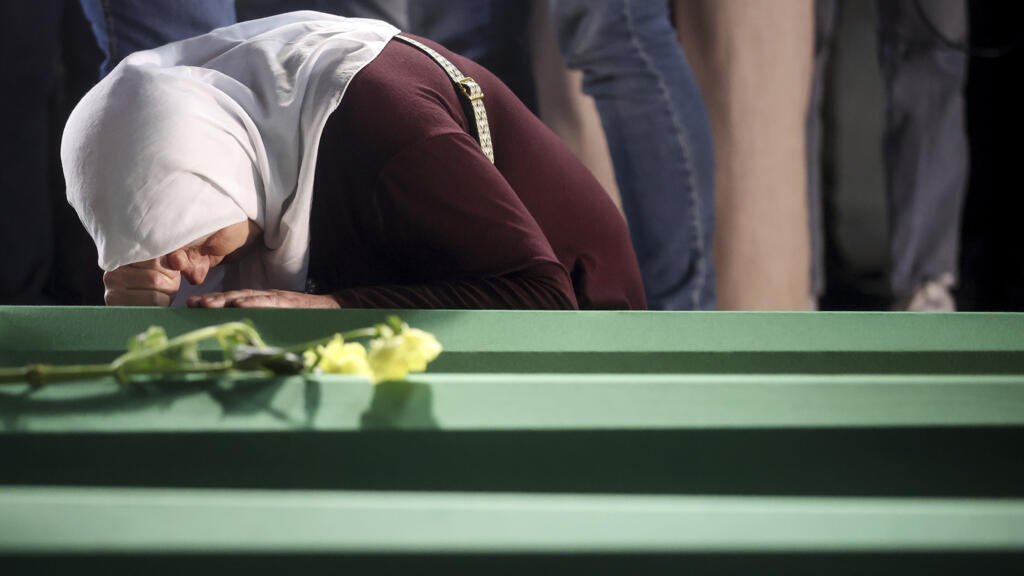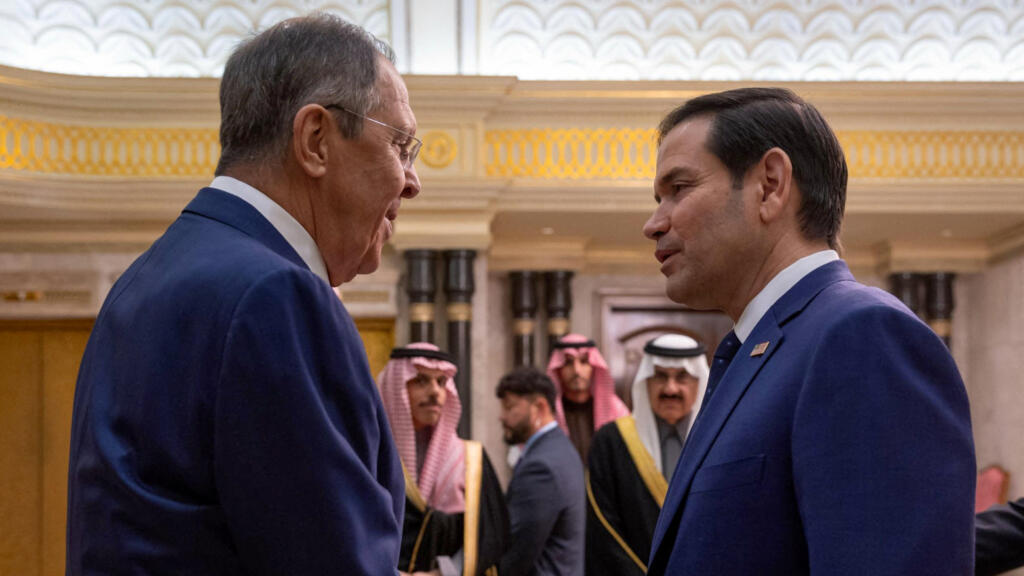30th Anniversary of the Srebrenica Massacre
This year marks the 30th anniversary of the tragic events in Srebrenica, where in July 1995, Bosnian Serb forces carried out a horrific massacre. Over 8,000 Bosniak men and boys were brutally killed in what is regarded as one of the darkest chapters in modern European history. The massacre took place in the context of the Bosnian War, during a time when the town of Srebrenica was designated as a United Nations-protected enclave.
The scale and brutality of the killings led to widespread international condemnation. The International Court of Justice and the International Criminal Tribunal for the former Yugoslavia both recognized the events that unfolded in Srebrenica as genocide. It is often cited as the worst act of genocide in Europe since the conclusion of World War II, a stark reminder of the depths to which humanity can sink in times of conflict and ethnic division.
In the aftermath of the massacre, the international community was prompted to reflect on the efficacy of the UN’s peacekeeping mandates and the moral obligation to intervene in situations of escalating violence against vulnerable populations. The events of Srebrenica raised significant questions regarding the role of international law in protecting human rights, drawing attention to failures in preventing genocide despite the existing legal frameworks designed to do so.
Commemorative events held in Srebrenica serve not only to honor the memory of the victims but also to promote a message of reconciliation and the importance of preventing such atrocities from occurring in the future. These gatherings bring together survivors, family members of the victims, and dignitaries from around the world, emphasizing the need for remembrance and education about the genocide to ensure that such horrors are not forgotten and are prevented from happening again.
The persistence of denial and revisionism surrounding the Srebrenica massacre poses ongoing challenges. Some factions attempt to downplay the events or even dispute the characterization of the massacre as genocide. These narratives can hinder reconciliation efforts within Bosnia and Herzegovina, as they perpetuate division and conflict among the country’s ethnic groups. As a result, ongoing education and dialogue about the past are crucial in moving toward a united future.
In conclusion, the 30th anniversary of the Srebrenica massacre serves as a pivotal moment for reflection, remembrance, and renewal of commitments to combating genocide and protecting human rights globally. It highlights the need for vigilance against hatred and division, ensuring that the horrors of Srebrenica are a haunting memory that guides current and future generations in the quest for peace and justice.












